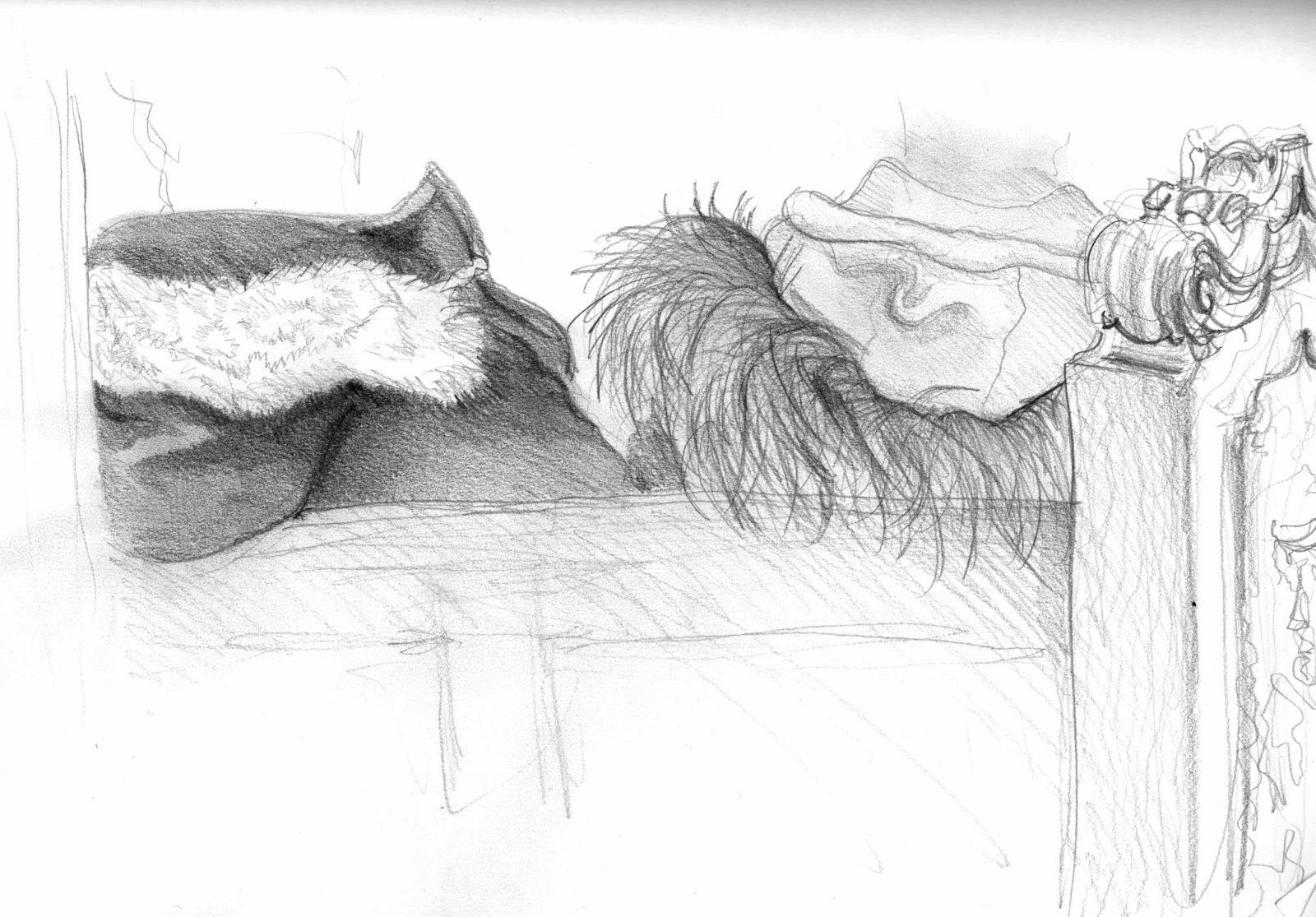Proposals under the Policing Bill risk entrenching the ‘failed and unjust’ law of joint enterprise by stealth, according to campaigners. Liberty and JENGbA (Joint Enterprise Not Guilty by Association) have warned that ‘the worst and most discredited injustices’ of the common law doctrine would be replicated under plans for Serious Violence Reduction Orders (SVROs).
Under joint enterprise people can be convicted of violent crimes even if they did not commit the violent acts. In 2016, the Supreme Court in a case called Jogee ruled that the law on joint enterprise had ‘taken a wrong turn’ more than three decades ago.Joint enterprise has led to bystanders being convicted of the most serious crimes. Research has found that 37 percent of people serving prison sentences due to Joint Enterprise are black – compared to just 3.3% of the population as a whole.
SVROs, as proposed under the the Police, Crime, Sentencing and Courts Bill, could be given to an individual if they knew, or ought to have known, that someone else had a knife or would use a knife. The police would then be given the power to stop and search people who have an SVRO without suspicion at any time in a public place.
Jan Cunliffe, JENGbA’s co-founder, explained that the Supreme Court acknowledged that Joint Enterprise was wrong in 2016. ‘This Government still hasn’t done anything to rectify those wrongful convictions. To push through legislation, that will create further damage to families and communities all over the country proves they have no appetite for strengthening our criminal justice system, but rather a desire to destroy any remaining semblance of justice, fairness or equality.’
Jun Pang, policy and campaigns Officer at Liberty, said that joint enterprise was widely recognised ‘as an unjust way of dragging people into the criminal justice system, and is used overwhelmingly against people from poor and minoritised communities, especially Black men and children’. ‘The Supreme Court has shown how joint enterprise has been misused. SVROs will entrench this injustice and extend the surveillance, punishment, and criminalisation of already over-policed communities.’
In a debate in the House of Lords this week on the Bill, the government announced plans for a targeted pilot of the proposals. The Lib Dem peer and former police officer Lord Paddick described the proposals as ‘dreadful’. ‘Public trust in the police has been seriously undermined and distrust is even worse among the communities most seriously affected by knife crime,’ the former police officer said. ‘Allowing the police free rein to say whatever they want in support of an SVRO will make a rapidly deteriorating crisis of confidence in the police service even worse.’
Baroness Meacher quoted a study by Metropolitan University which examined 109 joint enterprise cases involving women and girls. ‘The study found that none of the women involved had used a deadly weapon and in 90% of cases they did not engage in violence at all. In half the cases, the women were not even present at the scene,’ he said.







